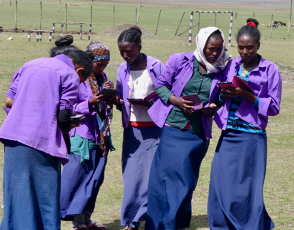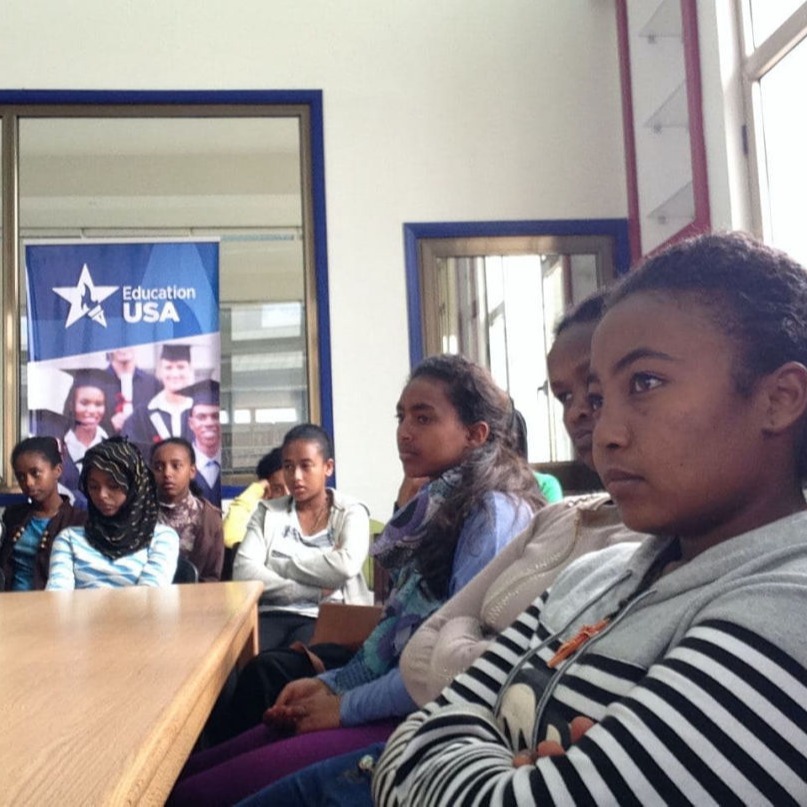
Digitalization of Resource for Education
BRDGE-Ethiopia has undertaken
an initiative to address the challenges faced by Ethiopian schools in distributing
curriculum-based resources such as textbooks, video tutorials, and reference books. A
comprehensive solution has been developed to tackle these issues.
One key component of the solution is the implementation of a digital educational server
that provides access to all required resources for high schools and preparatory
colleges. This server houses textbooks, video tutorials, and reference books, ensuring
that they are readily available to students and teachers.
To further enhance accessibility, a tablet has been developed and loaded with
grade-specific resources, including textbooks and video tutorials. This tablet can be
used anytime and anywhere, eliminating the need for an internet connection.
In order to bridge the resources stored in the server with the tablets, a wireless
network has been established within the schools. This network facilitates seamless
access to the resources and ensures that students can easily utilize them on their
tablets.
Additionally, a course-based library system has been designed specifically for
universities in Ethiopia. This system aims to provide students and faculty with easy
access to relevant resources, enhancing their learning and teaching experiences.
Through these innovative solutions, BRDGE-Ethiopia is committed to improving the
distribution and accessibility of educational resources in Ethiopian schools and
universities.
